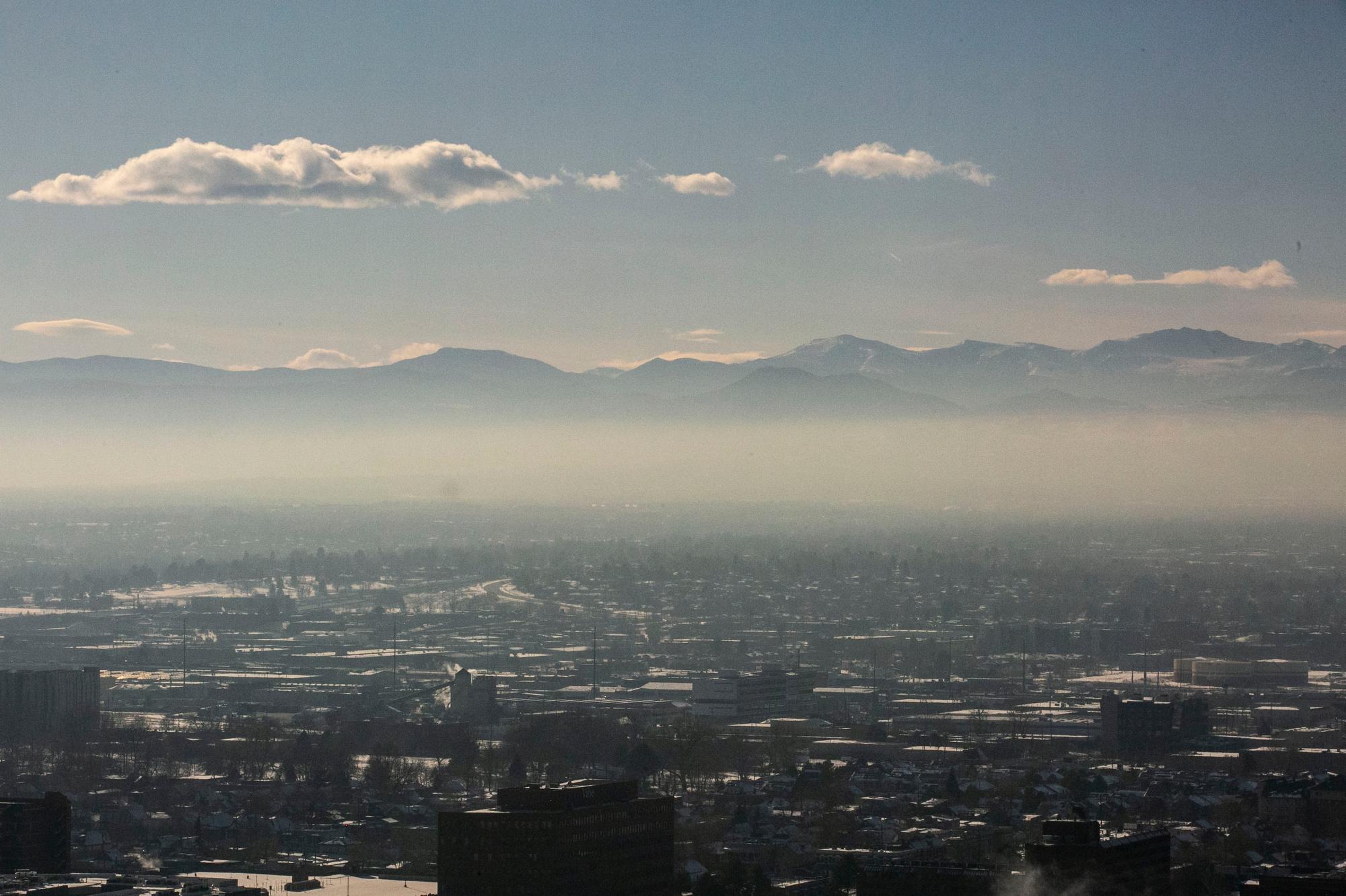
Attorney General Phil Weiser will hire an independent investigator to probe whether employees at the state Department of Public Health and the Environment falsified data and illegally issued air quality permits.
Weiser is seeking an independent investigator to look into whether whistleblower allegations made to the U.S. Environmental Protection Agency’s inspector general accusing state officials of ignoring pollution violations last month are true, according to a request for information posted on the attorney general’s website Monday evening.
The independent investigator will be supervised by the state Department of Law — but Weiser is seeking an outsider to conduct the investigation to avoid any conflicts of interest. The state attorney general’s office has lawyers who are legally obligated to represent state agencies in court, including the Colorado Department of Public Health and Environment.
The department’s executive director, Jill Hunsaker Ryan, requested the investigation with the support of Gov. Jared Polis, according to a statement provided by a department spokesperson.
“While we are confident that the division is acting in accordance with state and federal laws, we are committed to being responsive to the concerns raised and transparent in everything we do to serve the public and protect the public’s health,” the department said. “We plan to respect the process and ongoing investigation.”
The announcement comes weeks after three employees from the Air Pollution Control Division’s modeling department said they were ordered to stop looking for surges of specific pollutants. The employees — Bradley Rink, Rosendo Majano and De Vondria Reynolds — said the directive came explicitly from division director Garry Kaufman.
The allegations were made in a federal complaint with the EPA’s Office of the Inspector General on March 30. It asked the office to start a review and audit of the state’s air pollution division, which operates within the Colorado Department of Public Health and the Environment.
Want more climate solutions from Colorado Public Radio? Sign up for our free climate e-mail newsletter.
The state quickly rebuked the claim, defending the division’s actions and stating its modeling standards were not violating federal or state laws. Gov. Jared Polis’ office had said it was investigating the claims.
Environmental groups, meanwhile, called for Kaufman’s removal. In a letter, they asked state Attorney General Weiser to investigate whether to bring a civil suit against the employees named in the complaint.
Kevin Bell, an attorney with Public Employees for Environmental Responsibility and counsel on the complaint, said he was encouraged that the upcoming investigation would be handled by someone outside the attorney general’s office.
“There’s a pretty obvious conflict of interest if they handle it themselves, and I think they’re aware of that,” Bell said. “Them appointing this person is a good show that they’re going to be approaching it in good faith.”
The result of the orders meant facilities no longer had to prove compliance with short-term federal air quality standards, according to the whistleblowers' complaint. It also halted any review of violations of existing permits.
The relaxed enforcement of the state’s modeling requirements happened over the years, creating a culture of approving project permits “at all costs,” the whistleblowers wrote in their complaint.
One of the compounds Kaufman allegedly ordered them to stop modeling for was nitrogen dioxide, one of the main precursors of ground-level ozone pollution. The EPA had already named the Front Range a “serious” violator of federal ozone limits, standards the state has struggled to meet.
Kaufman did not return requests for comment Monday.
Applications for the independent investigator are due to the Department of Law by May 10.
- A Climate Change Battle Between Gov. Polis And Environmental Groups Is Heating Up At The Capitol
- Methane From Abandoned Coal Mines Could Be Key To Fight Climate Change — If Only It Made More Money
- The Southern Ute Reservation Could Get A Zero-Emission Power Plant That Runs On Fossil Fuels (Yes, You Read That Right)
CPR reporter Sam Brasch contributed to this report.
Editor's note: This story has been updated to include a comment from the lawyer representing the employees who filed the complaint, statement from the Colorado Department of Public Health and the Environment and to correct the name of the compound referenced in the complaint.








